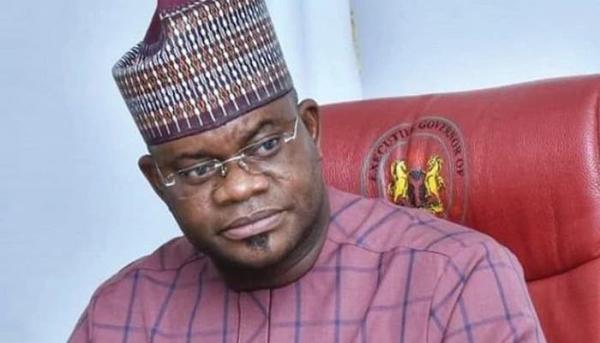
The Court of Appeal in Abuja will today (Monday) hear the appeal lodged by the Economic and Financial Crimes Commission against the order of a Kogi State High Court which restrained the anti-graft agency from arresting the immediate-past governor of Kogi State, Yahaya Bello.
The Kogi court, in a ruling on February 9, 2024, restrained the EFCC from “inviting, arresting, detaining, prosecuting” Bello pending the determination of a fundamental rights suit he filed before the court.
The anti-graft agency is seeking to arraign the ex-governor on 19 counts bordering on money laundering, breach of trust and misappropriation of funds to the tune of N80.2bn.
The anti-graft agency determined to get Bello to face the law for his alleged crime, approached the Federal High Court in Abuja last Wednesday to get an arrest warrant while the Federal High Court in Kogi was delivering judgment on Bello’s fundamental human rights suit.
With the arrest warrant, EFCC visited Bello’s Abuja home with hopes to get him arrested but failed.
This resulted in the inability of the former governor to be arraigned the next day in court which led Justice Nwite to adjourn for arraignment and ruling till Tuesday April 23.
Alhough Bello was absent to take his plea, his team of lawyers, led by Mr. Abdulwahab Mohammed (SAN), informed the court of the matter before the appeal court.
Mohammed told the court that it was wrong for the EFCC to apply for an arrest warrant against Bello when the same matter was already before the appeal court.
The EFCC counsel, Mr Kemi Pinehero, argued that court could go ahead with the trial.
The EFCC, in its appeal through its solicitor, J.S. Okutepa (SAN), is seeking a stay of execution to the order of the trial court in Kogi State.
In the appeal marked CA/ABJ/PRE/RDA/CV/165MI, the anti-graft agency contested the court order on the grounds that it is a body created by statute to carry out functions specified in its Establishment Act and empowered to investigate and prosecute economic crimes as set out under sections 6 and 7 of the EFCC Act.
The EFCC faulted the order of the lower court, describing it as an obstruction.
“The orders granted ex parte on the 9th of February 2024 constitute a clog in the progress of the appellant/applicant’s performance of its statutory functions and duties under the EFCC Act 2004,” the EFCC said.




















